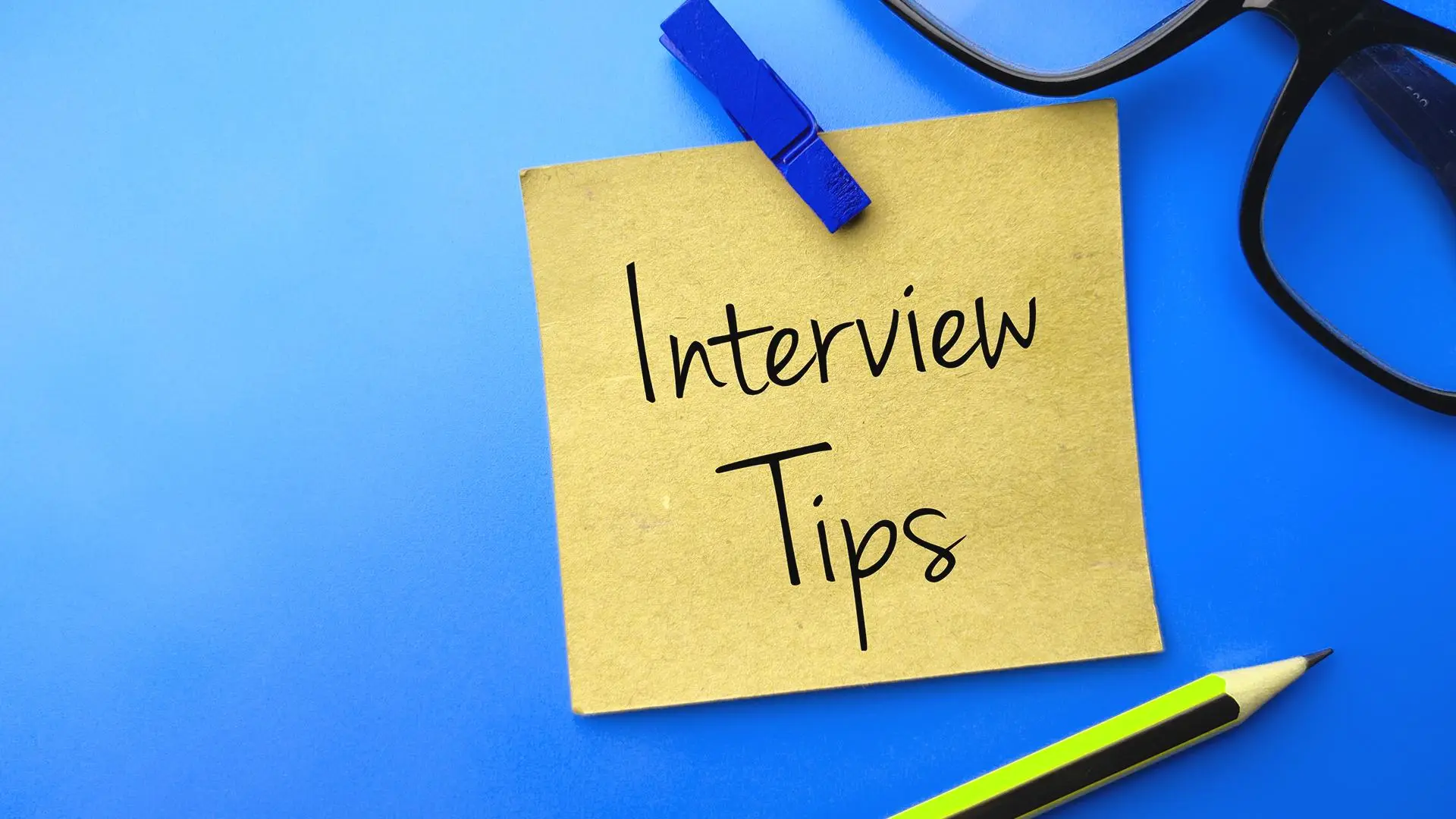6 Essential Tips for Veterans and Transitioning Service Members: Acing Your Civilian Job Interviews
Transitioning from military service to the civilian workforce can be exciting but challenging. One critical step in this process is successfully navigating the job interview. While veterans and transitioning service members bring a unique set of skills and experiences, it’s crucial to adapt and communicate effectively during interviews to land that desired civilian job. In this blog post, we’ll provide you with valuable interview tips for veterans and strategies to help you shine during your civilian job interviews.
1. Translate Your Military Experience
The first step in preparing for a civilian job interview is translating your military experience into language that civilian employers can understand. Many military skills are highly transferable to civilian roles, such as leadership, teamwork, problem-solving, and adaptability. However, it’s essential to articulate these skills using civilian terminology. Spend time reviewing the job description, identifying key skills required, and preparing examples of how you’ve demonstrated those skills in your military career. This will enable you to present your qualifications clearly and concisely, ensuring employers grasp the value you bring to the table.
2. Research the Company
Thoroughly researching the company you are interviewing with is crucial to showcase your interest and dedication. Explore the company’s website, mission, values, recent news, and any other relevant information. This will allow you to align your military experiences with the organization’s goals and demonstrate your enthusiasm during the interview. Additionally, researching the company will equip you with knowledge that you can incorporate into your responses, showing your commitment to the position and the potential employer.
3. Practice, Practice, Practice
As with any skill, practice is key to success. Take the time to rehearse common interview questions and develop concise, compelling answers. Consider reaching out to fellow veterans or mentors who have experience in civilian job interviews to conduct mock interviews. Practice will help you refine your responses, improve your confidence, and reduce any interview-related anxiety. It’s also crucial to practice explaining complex military jargon in simple, relatable terms, ensuring that interviewers understand your experiences and skills.
4. Highlight Your Soft Skills
In addition to technical expertise, civilian employers value soft skills, which are often honed during military service. Skills such as leadership, teamwork, communication, problem-solving, and adaptability are highly sought after in the civilian workplace. Be prepared to provide specific examples that illustrate how you’ve effectively utilized these soft skills in challenging situations. Emphasize instances where you’ve successfully led a team, resolved conflicts, or effectively communicated complex information to diverse audiences. By showcasing your soft skills, you’ll differentiate yourself from other candidates and demonstrate your potential value to the organization.
5. Leverage Your Network
Utilize your military and personal network to gather insights and potential job leads. Connect with fellow service members who have transitioned successfully into civilian careers and seek their advice. Attend veterans’ job fairs (like Workshops for Warriors’ Employer Career Fairs available to WFW students and alumni) networking events, and professional association meetings to expand your network and gain exposure to potential employers. Networking can provide valuable information, referrals, and access to hidden job opportunities that may not be advertised. Additionally, leverage online platforms like LinkedIn to connect with professionals in your desired industry and learn more about potential job openings.
6. Dress Professionally
First impressions matter. Dressing professionally is crucial to making a positive impact during your interview. Research the company’s dress code and aim to dress slightly more formal than what is expected. It’s better to be slightly overdressed than underdressed. Pay attention to grooming, ensuring your hair, nails, and overall appearance are well-maintained. Your professional attire not only demonstrates respect for the interview process but also reflects your commitment to professionalism in the workplace.
Transitioning from military service to civilian employment can be a challenging journey, but with proper preparation and execution, you can excel in your civilian job interviews. Remember to translate your military experience, conduct thorough research on the company, practice your interview skills, highlight your soft skills, leverage your network, and dress professionally. These tips, combined with your unique military background, will help you present yourself as a highly qualified candidate to potential civilian employers. Embrace the opportunity to showcase your skills, demonstrate your adaptability, and secure a fulfilling career in the civilian workforce. Best of luck with your future interviews!

